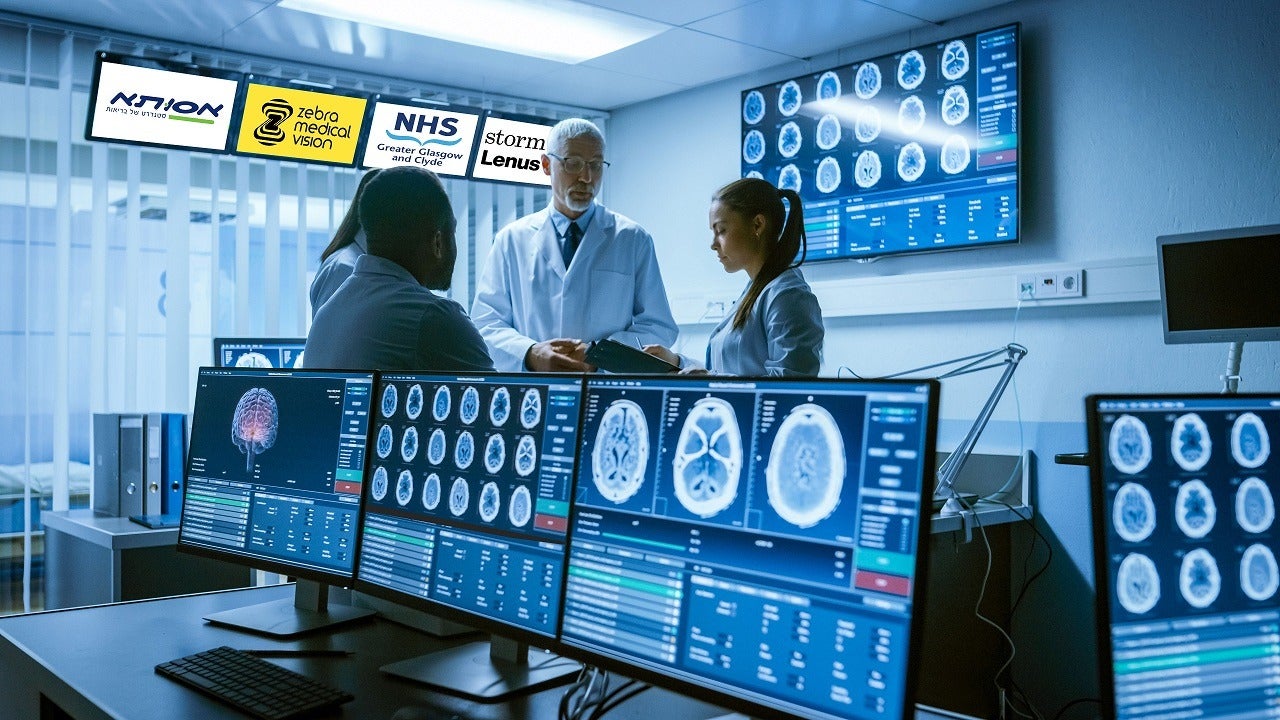
Storm ID and Zebra Medical Vision have partnered to co-develop an AI-based solution for early detection and prevention of osteoporosis, as part of the UK-Israel collaboration.
A proposal of the two companies for a machine learning-driven model for early detection and prevention of osteoporosis has won a UK-Israel research and development competition.
Under the collaboration, Storm ID and Zebra Medical Vision will work closely with clinical teams in NHS Greater Glasgow and Clyde and Assuta Medical Centers.
The companies will work together with a team of clinicians, data scientists and computer scientists for a period of 2 years.
The team will conduct clinical trials and implement the solution in both NHS Greater Glasgow and Clyde and Assuta Medical Centres.
NHS Greater Glasgow and Clyde emergency consultant David Lowe said: “We are pleased to partner on the development of this innovative new solution for osteoporosis patients through the expertise of the West of Scotland Innovation Hub.
“This is another example of a successful collaboration between industry and the NHS to move forward innovative healthcare. Our clinical teams at NHS Greater Glasgow and Clyde will support the aim of this project to ultimately identify and treat patients with increased risk of bone breakage before it happens.”
New osteoporosis solution will analyse medical imaging data and patient records
Osteoporosis is an underdiagnosed and undertreated condition, and is a major public health concern. Fragility fractures, defined as insufficiency fractures not related to high-impact trauma, are the major complication of osteoporosis.
Most of the osteoporotic fractures result in considerable morbidity and mortality, and hip fractures are particularly a major concern for an aging population.
Storm ID and Zebra Medical Vision are jointly developing an AI-based preventative care solution that will be capable of identifying people who are at risk of osteoporosis.
The new solution is planned to leverage ML/AI methodologies to analyse medical imaging data and patient records, enabling clinical teams to identify and treat people with risk of fractures before they occur.
The project is partly funded by the UK and Israel partnership, under the EUREKA framework, to advance the industrial research collaboration between the UK and Israel.
EUREKA is an intergovernmental network established in 1985, with an aim to support the research and development projects by industry, research centres and universities across all technological sectors.
Storm ID director Paul McGinness said: “We’re aiming to combine the powerful data exchange capabilities of our own Lenus Health Platform with the machine learning models developed by Zebra Medical Vision to transform osteoporosis screening.
“By predicting ahead of time the potential risk of bone fracture, we can intervene earlier to treat and manage the risk, which is better for the patient and for the health system.”






